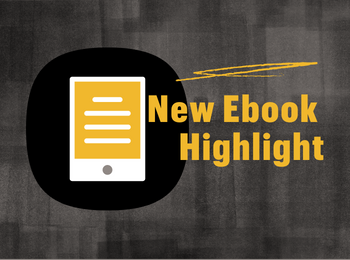We’ve recently added Medical student well-being : an essential guide to our online collection.
This book tackles the most common challenges that medical students experience that lead to burnout in medical school by carefully presenting guidelines for assessment, management, clinical pearls, and resources for further references. Written by national leaders in medical student wellness from around the country, this book presents the first model of care for combating one of the most serious problems in medicine.
This book addresses many topics, including general mental health challenges, addiction, mindfulness, exercise, relationships and many more of the important components that go into the making of a doctor.
